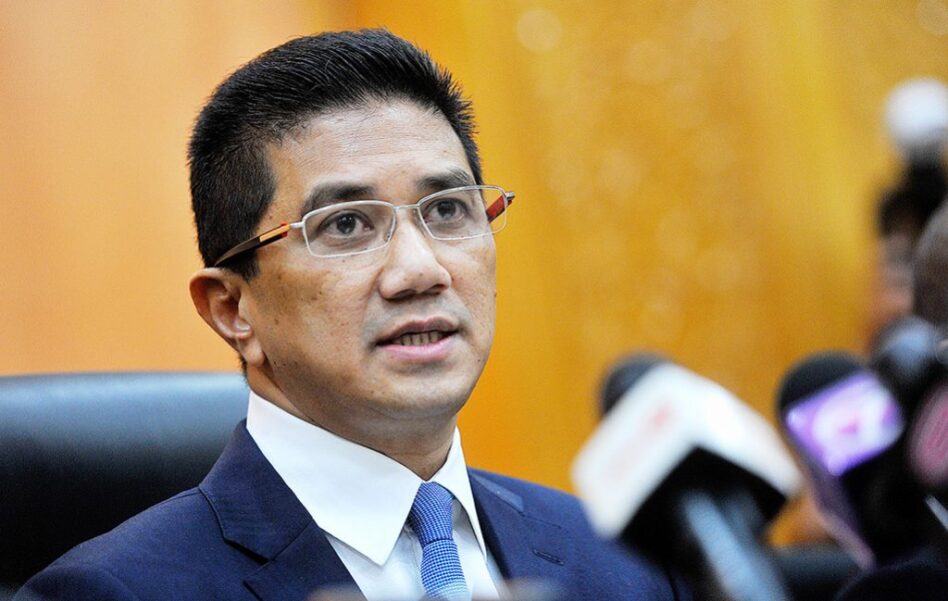AS consumers turn to online shopping and digital payment to avoid physical contact in an effort to contain the COVID-19 threat, another enemy awaits them – scams.
The downside to being an increasingly connected or digitalised is that we become more exposed to threats.
While this momentous digital shift has provided salvation in a time of crisis, a new fraud report by Javelin Strategy & Research and SAS finds that it also fuelling a multibillion-dollar fraud surge worldwide.
One senior fraud management executive at a global card processor who contributed to the study revealed that during the current health crisis, there has been an increase of almost 35% in fraud attempts, an indication that criminals are more active in breaking through digital channels.
The bottom line is digital fraud is increasing in frequency and sophistication. The tricks of fraudsters and criminal networks are becoming as advanced as the technologies used to detect their activities.
Social engineering, identity schemes and the breadth of digital payment methods are shifting the odds in the bad guys’ favour, the study further noted.
It cautions that organisations should be aware that new payment mechanisms are especially targeted due to ineffective risk mitigation controls at launch.
Automated actions and predictive case management powered by artificial intelligence and machine learning can help reduce reliance on staff to monitor fraud activity and increase efficiency.
Aside from these, the study suggests that financial institutions need to understand all payment entry points when making transaction of payments, both in existing and new methods.
Protecting those entry points from digital fraud is considerably more complicated, it added.
Without technology and operational improvements to mitigate financial frauds, institutions face significant reputational damage and financial losses, according to Javelin Strategy & Research head of payments Krista Tedder.
“While some improvements can be deployed quickly for more immediate relief, other advances will take months or years to develop,” she explained.
“The critical first steps are to start processing all data streams in real time and to combine identity management and transaction monitoring to not only identity fraud that has occurred, but to stop it even before it occurs.”
The financial services industry as a whole needs to better utilise available artificial intelligence and machine learning technologies to counter existing fraudulent mischiefs.
On the local front, it was reported that there is an increase in the number of financial scams recorded by the Ombudsman for Financial Services (OFS) during the Recovery Movement Control Order (RMCO) period.
OFS chief executive Marina Baharuddin was quoted as saying the growth in the number of cases was due to the increase in internet-related activities during the period, as well as scammers using the pandemic to successfully exploit victims’ financial insecurities.
Marina reportedly noted that scams conducted via phone calls were the most prevalent since the start of the MCO in mid-March.
According to the report, as at August this year, the number of financial scams brought to the organisation’s attention year to date (YTD) was 71 compared to 40 cases in 2019 and only 12 cases in 2018. Cov
On the consumer’s part, a Focus Malaysia report in 2018 cited lack of awareness as a main reason to falling prey to these unsuspecting criminals.
Here are some tips to safeguard oneself against online financial scams:
- When you receive an SMS or e-mail saying you have won something, always verify it with the company named in the SMS or e-mail. Contact the company in Malaysia and not the number given to you in the SMS or in the e-mail.
- If the message cannot be verified, ignore or delete it. Do not forward the SMS or e-mail to others as this serves to further propagate the scam.
- You should never provide your bank details such as account number, ATM card number or CVV number to a third party, even in your police report.
- Do not open a bank account for a third party.
- If you are asked to call a number to verify your gift and the person on the other end claims to be Malaysian but has a foreign accent, be suspicious. However, users are advised to refrain from communicating with the scammers.
- Always pay attention to the caution alerts posted on your bank’s websites, notices placed at ATMs and banks.
- Do not respond to text messages or e-mails from anyone requesting for private information such as their internet banking’s username, password or TAC number, even if the request comes from your bank.
- Do not register any third party mobile number at your bank’s ATMs for the issuance of TAC. Only register your own mobile phone number so that the TAC is sent to you.
- Never allow a third party to use your ATM card or have access to your PIN.
- Always be careful when making online transactions, especially at unsecured places like cyber cafes or at public WiFi. – Oct 28, 2020









